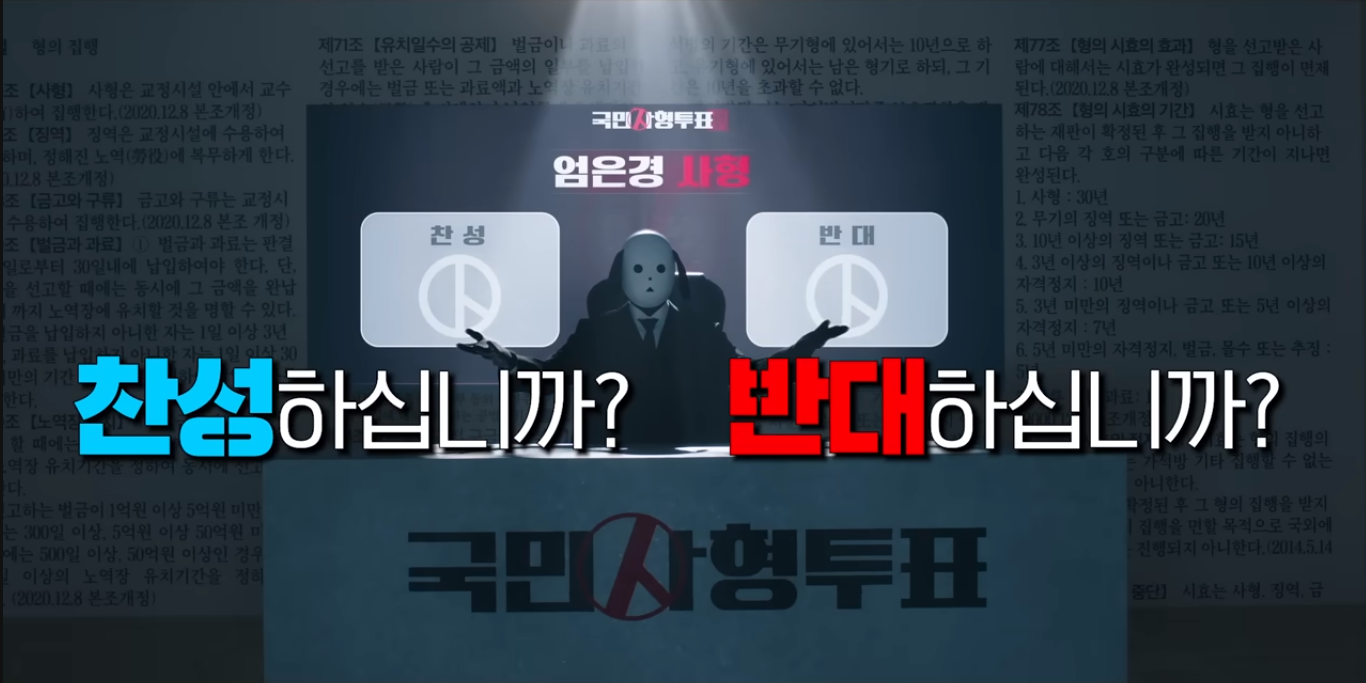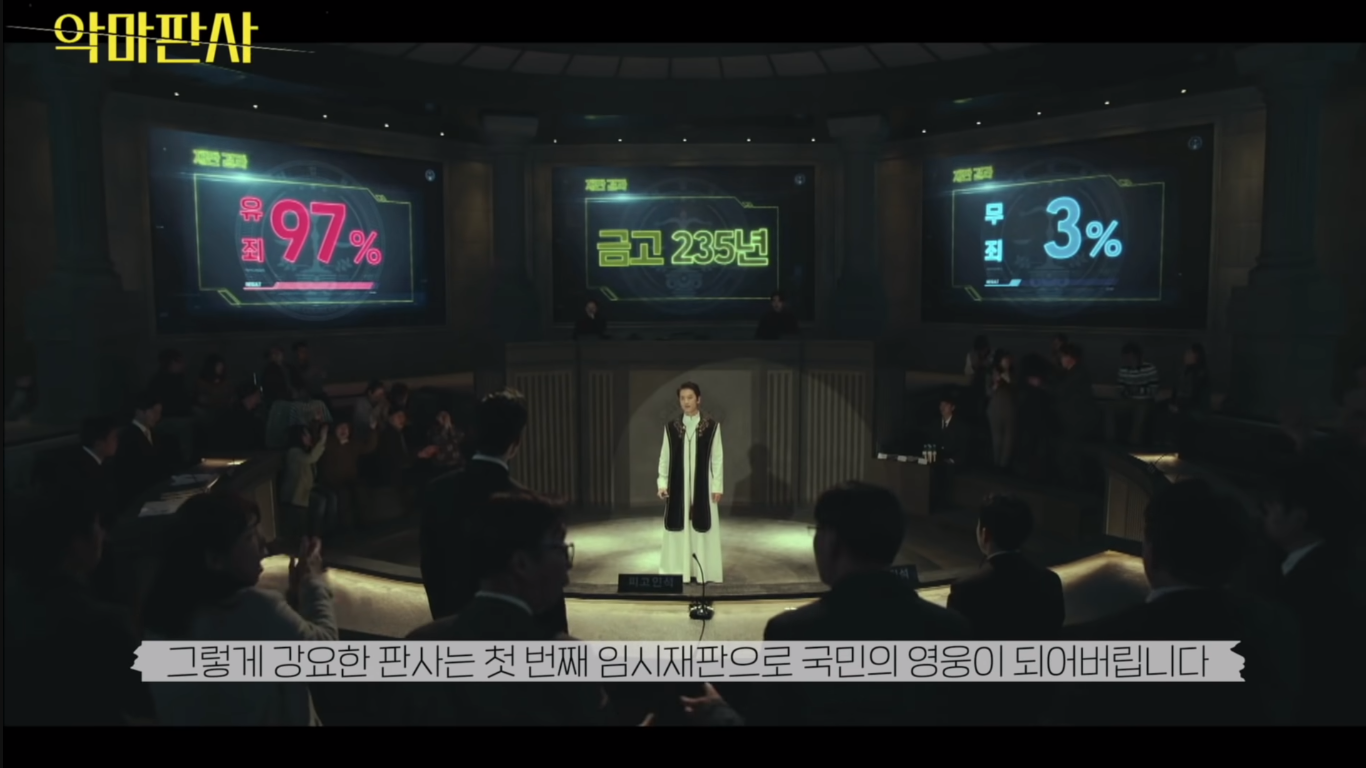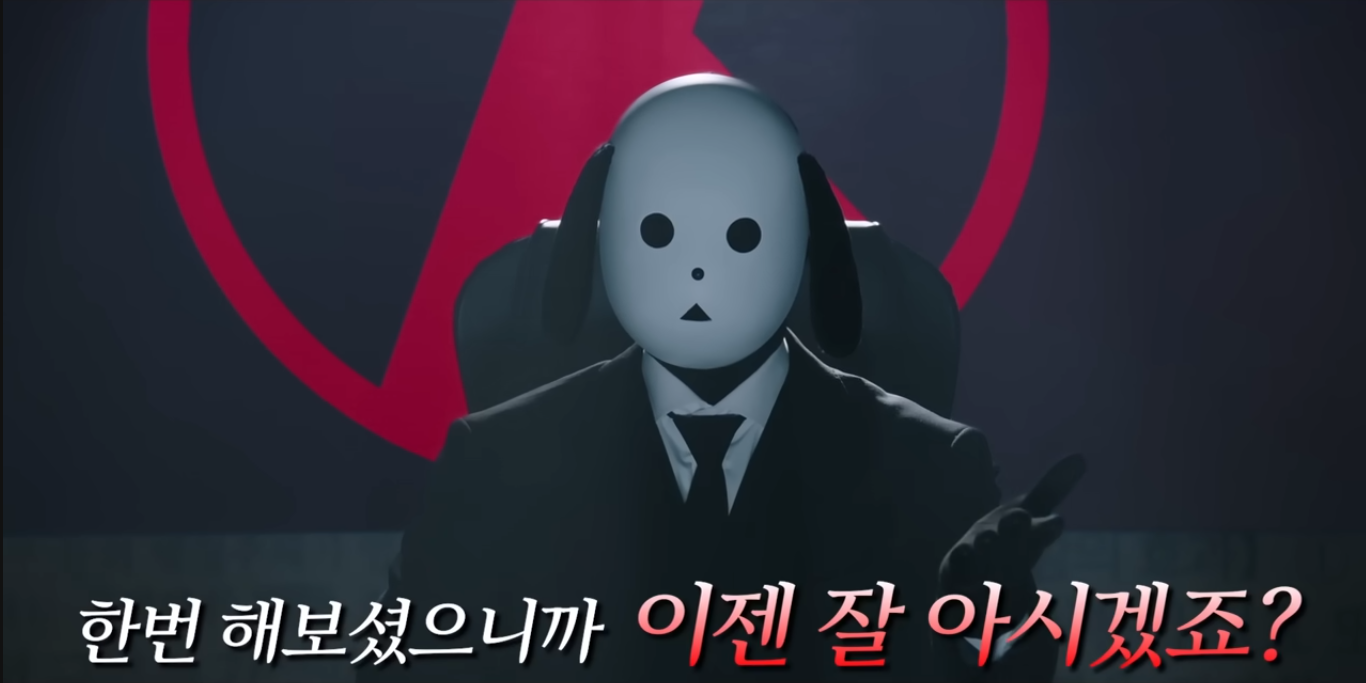
Imagine a world where the power to decide a person’s guilt or innocence is no longer solely in the hands of the legal system but is instead placed directly into the hands of the public. This intriguing concept has been brought to life in two captivating K-drama TV series: The Devil Judge (악마판사) and The Killing Vote (국민사형투표). In a unique twist, both shows invite the public to cast their votes on the fate of the accused, evoking a sense of agency and empowerment that resonates deeply with the frustrations of the ordinary citizens.
The first of these excellent dramas, The Devil Judge (악마판사), aired in 2021. It follows a brilliant judge who masterfully exploits every nuance of the law, including its intricate loopholes, to ensure that the public comprehends the intricacies of each case. In a society where legal jargon often feels foreign and inaccessible, this approach resonates. By meticulously building cases using applicable laws and cunningly exploiting loopholes, the judge presents the facts to the public. Empowered by an innovative app, the public then exercises their collective judgment to determine the accused’s guilt or innocence.
Enter The Killing Vote (국민사형투표), the second series exploring this concept, which is currently captivating audiences. In this narrative, an anonymous individual takes matters into their own hands by spotlighting individuals released from prison or acquitted of their crimes. Constructing a compelling case against them, they present the details to the public. As viewers, we are transported into a world where we can cast our digital ballots through an app, deciding whether the accused should face the ultimate punishment: execution.

The Devil Judge (악마판사)
The work shown above is Copyrighted to tvN.
Both dramas delve into the pent-up frustrations of the majority, often marginalized and disempowered, yearning for a role in the pursuit of justice. The desire to witness fairness prevail, albeit suppressed by the complex legal system, finds an outlet in these shows. Furthermore, they tap into our society’s contemporary tech-driven landscape, showcasing the potential for direct public involvement in the decision-making process.
This brings us to a thought-provoking question: Could this seemingly far-fetched scenario become a reality? Is there a genuine chance for ordinary individuals, like you and me, to have a meaningful voice in matters of justice? As we watch these dramas unfold, we’re compelled to contemplate the prospect of a world where justice is not a distant concept but a tangible right we can collectively shape.

The Killing Vote (국민사형투표)
The work shown above is Copyrighted to SBS.
The allure of participating in such participatory verdicts can’t be ignored. The act of casting a vote through an app feels more immediate and impactful than traditional elections and the justice system, often lengthy and corrupt, allowing us to directly influence outcomes we care about deeply. The dramas also ignite a conversation about the potential consequences of such a system. Would it empower citizens and restore faith in justice, or would it blur the lines between justice and vengeance?
As we absorb the compelling narratives of The Devil Judge (악마판사) and The Killing Vote (국민사형투표), the dialogue they spark is vital. It encourages us to ponder the direction society might take, the roles we might play, and the responsibilities we might shoulder if such a revolutionary justice system were to emerge.
What are your thoughts on this intriguing concept? Could this be a glimpse into the future, or is it a captivating yet distant idea? Share your insights below or join the conversation on the social media threads where this post is shared. Your voice matters, just as it does in these compelling K-dramas.
Trailer | The Devil Judge
Within the world where the old justice system faces collapse and gets hit with an unknown epidemic, Head Trial Judge Kang Yo Han, nicknamed ‘The Devil Judge’ due to his merciless rulings but considered a hero among the people, emerges with a vision of change.
The work shown above is Copyrighted to Viu Philippines.
The Killing Vote – Full Trailer | Park Hae-Jin, Lim Ji-Yeon
The work shown above is Copyrighted to Playlist Korea.


